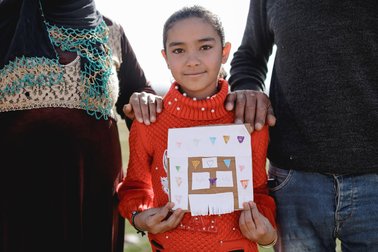Knowledge Hub
-
06/01/2020
Phone-based data collection in a refugee community under COVID-19 lockdown
This paper presents a randomised controlled trial of the Caregiver Support Intervention, with 480 war-affected refugee caregivers in Lebanon. Three weeks before the second wave of endline assessment, lockdown began in Lebanon, abruptly ending all field activities. The paper describes the successful completion of the endline assessment entirely by telephone, with all research team members working from home. The system described here was developed in 5 days and implemented in 7 days.
Read more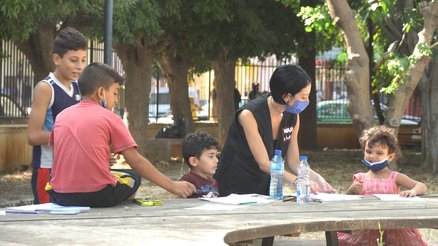
-
08/26/2020
Planning the scale up of brief psychological interventions using theory of change
A large mental health treatment gap exists among conflict-affected populations, and Syrian refugees specifically. Promising brief psychological interventions for conflict-affected populations exist such as the World Health Organization’s Problem Management Plus (PM+) and the Early Adolescent Skills for Emotions (EASE) intervention, however, there is limited practical guidance for countries of how these interventions can be taken to scale. The aim of this study was to unpack pathways for scaling up PM+ and EASE for Syrian refugees.
Read more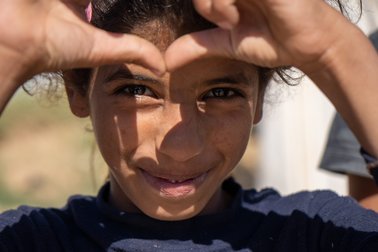
-
02/01/2020
Stigma reduction interventions for children and adolescents in low- and middle-income countries: Systematic review of intervention strategies
Stigmatisation and discrimination are common worldwide, and have profound negative impacts on health and quality of life. Research, albeit limited, has focused predominantly on adults. There is a paucity of literature about stigma reduction strategies concerning children and adolescents, with evidence especially sparse for low- and middle-income countries (LMIC). This systematic review synthesised child-focused stigma reduction strategies in LMIC, and compared these to adult-focused interventions.
Read more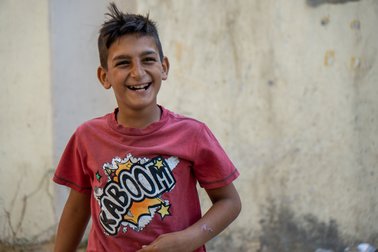
-
10/03/2020
Understanding Stigmatisation: Results of a Qualitative Formative Study with Adolescents and Adults in DR Congo
While stigmatisation is universal, stigma research in low- and middle-income countries (LMIC) is limited. LMIC stigma research predominantly concerns health-related stigma, primarily regarding HIV/AIDS or mental illness from an adult perspective. While there are commonalities in stigmatisation, there are also contextual differences. The aim of this study in DR Congo (DRC), as a formative part in the development of a common stigma reduction intervention, was to gain insight into the commonalities and differences of stigma drivers (triggers of stigmatisation), facilitators (factors positively or negatively influencing stigmatisation), and manifestations (practices and experiences of stigmatisation) with regard to three populations: unmarried mothers, children formerly associated with armed forces and groups (CAAFAG), and an indigenous population.
Read more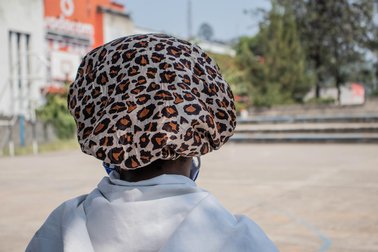
-
12/01/2020
Trajectories of psychological symptoms and resilience in conflict-affected children in low- and middle-income countries
Longitudinal studies on children's and adolescents' psychological reactions to conflict-related traumatic events in low- and middle-income countries are scarce. This study aimed to analyze children's and adolescents' responses to conflict-related potentially traumatic events (PTEs) and the impact of the number of different types of PTEs on psychological symptoms and resilience over time.
Read more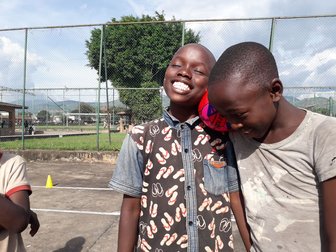
-
11/26/2020
Scaling up mental health care and psychosocial support in low-resource settings: a roadmap to impact
Despite global attention to mental health and psychosocial support services and a growing body of evidence-support interventions, few mental health services have been established at a regional or national scale in low- and middle-income countries (LMIC). There are myriad challenges and barriers ranging from testing interventions that do not target priority needs of populations or policymakers to interventions that cannot achieve adequate coverage to decrease the treatment gap in LMIC. This study proposes a ‘roadmap to impact’ process that guides planning for interventions to move from the research space to the implementation space.
Read more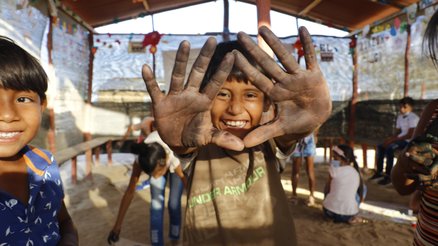
-
03/23/2020
The Cultural and Contextual Adaptation Process of an Intervention to Reduce Psychological Distress in Young Adolescents Living in Lebanon
Armed conflict leads to increased risk of emotional distress among children and adolescents, and increased exposure to significant daily stressors such as poverty and community and family violence. Unfortunately, these increased risks usually occur in the context of largely unavailable mental health services. There is growing empirical support that evidence-based treatment techniques can be adapted and delivered by non-specialists with high fidelity and effectiveness. However, in order to improve feasibility, applicability, and outcomes, appropriate cultural and contextual adaptation is essential when delivering in different settings and cultures. This paper reports the adaptation process conducted on a new World Health Organization psychological intervention—Early Adolescent Skills for Emotions (EASE)—for use in the north of Lebanon.
Read more